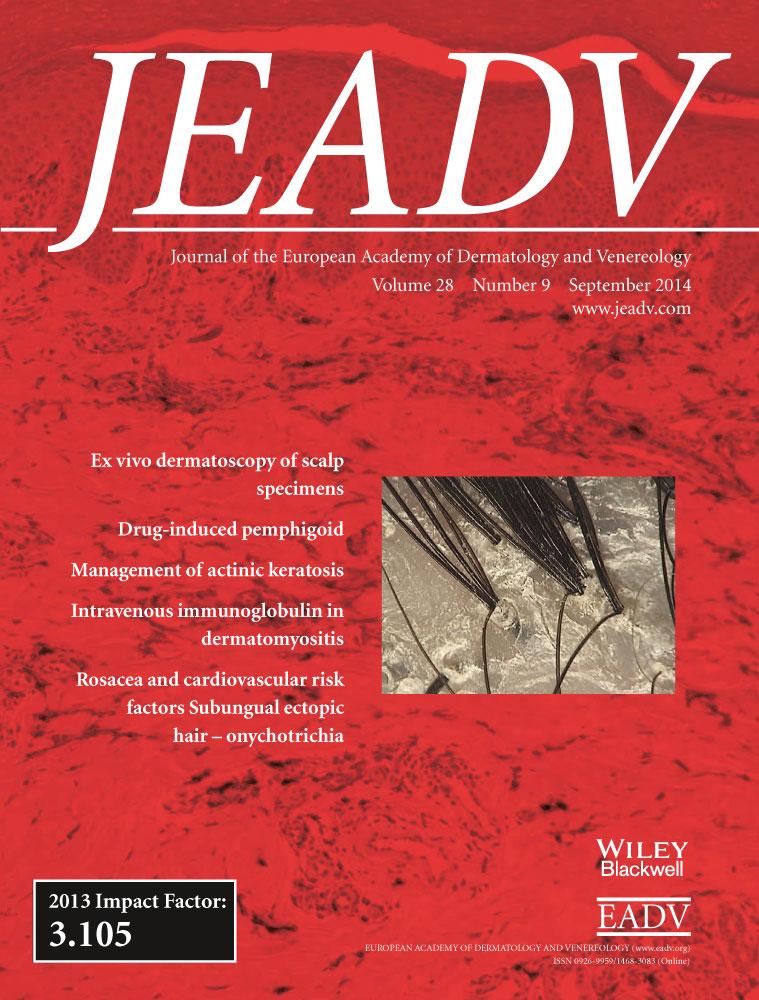Healthcare cost impact of biological drugs compared with traditional systemic treatments in psoriasis: a cohort analysis in the French insurance database
Conflicts of interest
Carle Paul has served as consultant and/or investigator for studies sponsored by Abbott, Almirall, Amgen, Celgene, Janssen-Cilag, Leo-Pharma, Pierre Fabre, Novartis, Schering Plough, and Pfizer.Funding source
None declared.Abstract
Background
Biological drugs have dramatically improved the management of moderate to severe psoriasis. Little is known about their economic impact in daily clinical practice.
Objective
The aim of this study was to estimate the costs of biological drugs, in term of health resources consumption, and to compare it with costs induced by traditional systemic treatments.
Methods
This cohort study was built from the French health insurance database in the Midi Pyrénées area (2.8 million inhabitants, South West of France). We compared health care costs between ‘exposed’ patients treated with biological drugs (adalimumab, etanercept, infliximab or ustekinumab) and ‘unexposed’ patients defined as patients who received traditional systemic treatments (phototherapy, acitretin, methotrexate or cyclosporin) during a 6-month period.
Results
A total of 1924 patients met the inclusion criteria. Sixty-nine patients were ‘exposed’, whereas 1855 patients were ‘unexposed’. ‘Exposed’ patients had a mean total healthcare cost of 8107€ vs. 1678€ (P < 0.001) for ‘unexposed’ patients. They had higher costs concerning inpatient admission, medication and consultations including dermatology consultations, laboratory, non-medical care and transportation. Biological drug prescription was associated with an increase in the use of anti-infective drugs and with a reduction in the use of psychoactive drugs.
Conclusion
The mean total health care expenditure in patients treated with biological drugs was five times higher as compared with patients treated with traditional systemic treatments. The limitation of the study is the short duration of follow-up comprising a loading dose period for some biological drugs. This may have contributed to an overestimation of drug-related costs.




